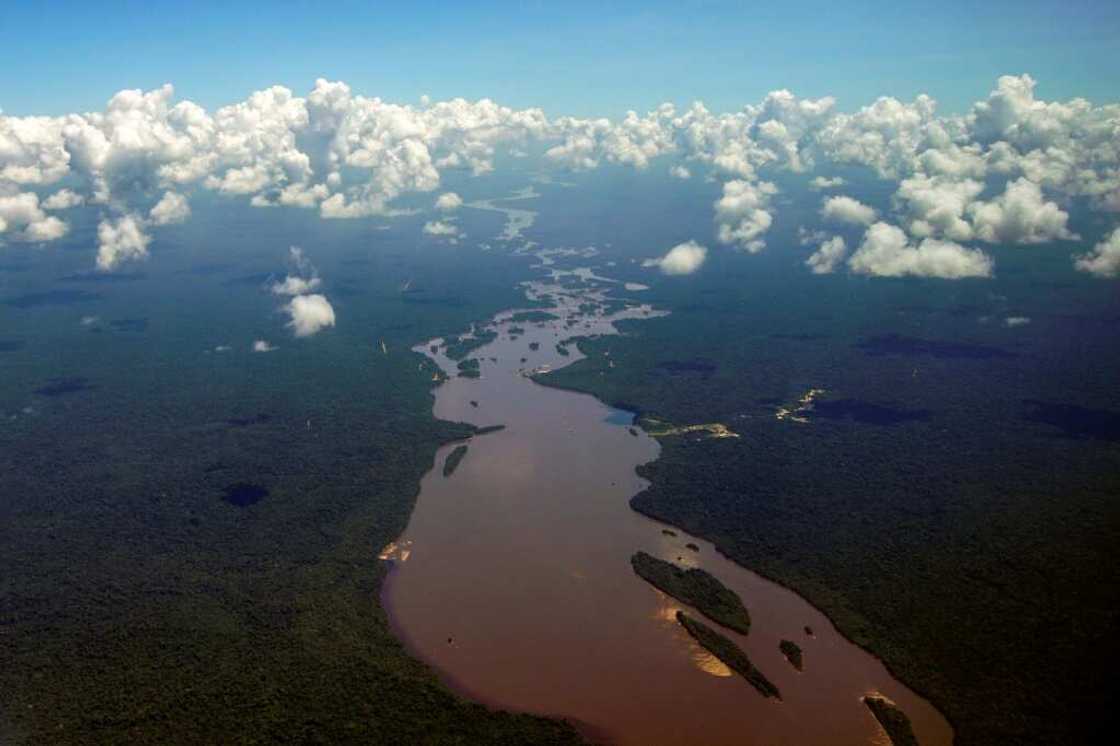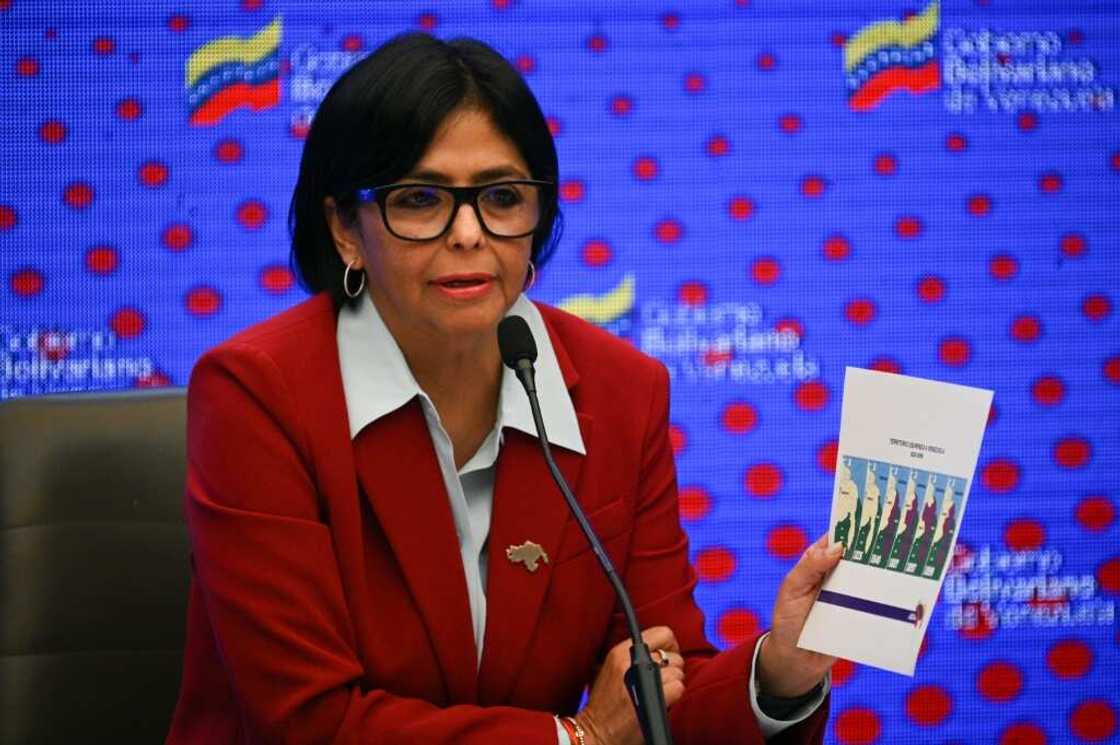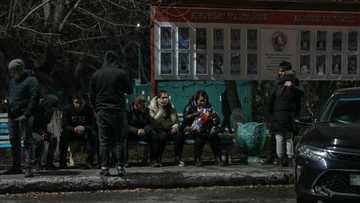Guyana seeks UN court protection on 'sinister' Venezuela territorial claim

Source: AFP
PAY ATTENTION: Join and listen to Legit.ng's X SPACE - Hard topic: How can the Naira be rescued? | Fri, Oct 27 at 7:00 PM
Guyana has asked the UN's highest court to stop a Venezuelan referendum on whether or not to annex the oil-rich Essequibo region both South American nations lay claim to.
Venezuela has for decades argued that the 160,000-square-kilometer (62,000-square-mile) region administered by Guyana should fall within its borders -- a contention that has brought the neighbors before the International Court of Justice (ICJ) in The Hague.
The dispute has intensified since ExxonMobil discovered oil in Essequibo in 2015.
Tiny Guyana has the world's biggest reserves of crude per capita, while its neighbor sits on the largest proven reserves overall.
As the squabble intensified, Venezuela recently announced it would hold a referendum on the issue on December 3, a move Guyana -- which dragged Caracas to the ICJ in 2018 -- described as illegal.
In a statement on Tuesday, the government in Georgetown denounced what it called "Venezuela's sinister plan for seizing Guyanese territory."
It said it had sought the ICJ's "urgent protection" in a request filed Monday for an order for Venezuela "not to proceed" with the plebiscite as is.
In its filing, Guyana argued the referendum's only purpose was to "obtain responses that would support Venezuela's decision to abandon" the ICJ proceedings and allow for its "formally annexing and integrating" Essequibo into Venezuela.
The Essequibo region makes up more than two-thirds of Guyana and is home to 125,000 of its 800,000 residents, according to a decade-old census.
A former Dutch and British colony, Guyana says its border with Venezuela was fixed by an arbitration tribunal in 1899.
But Venezuela, which is under international sanctions after an unrecognized election and a clampdown on antigovernment protests, says the Essequibo river to the east of the region forms a natural frontier recognized at the time of independence from Spain.
The proposed wording for the referendum describes the border as "fraudulently imposed" in 1899 and suggests the granting of Venezuelan citizenship to the people of an annexed Essequibo.
'Naked threat'
Guyana said Tuesday the Venezuelan referendum constituted a "naked threat of territorial aggression" and reiterated that any seizure of Guyana territory "would constitute the international crime of aggression."
Given the urgency of the matter, it asked the court to schedule an oral hearing "at the earliest possible date in advance of December 3."
Caracas, for its part, said its neighbor's petition "if it weren't so tragic, would be laughable."
Vice President Delcy Rodriguez accused Georgetown of seeking to get Caracas "to repeal its constitutional order, which is not going to happen."
The court statement did not specify when it was likely to rule on Georgetown's request.

Source: AFP
Guyana last week announced a "significant" new oil discovery in Essequibo and said it had awarded bids to eight companies to drill for crude in its waters.
The country boasts oil reserves of at least 10 billion barrels, more per capita than Brunei, Kuwait or the United Arab Emirates.
Last week, the Caribbean Community (Caricom) said Venezuela's planned referendum "has no validity, bearing or standing in international law" adding in a statement it "earnestly hopes that Venezuela is not raising the prospect of using force or military means."
Guyana has denounced the deployment of 200 Venezuelan soldiers in the border region, but Caracas retorted it was to combat illegal mining.
Source: AFP





